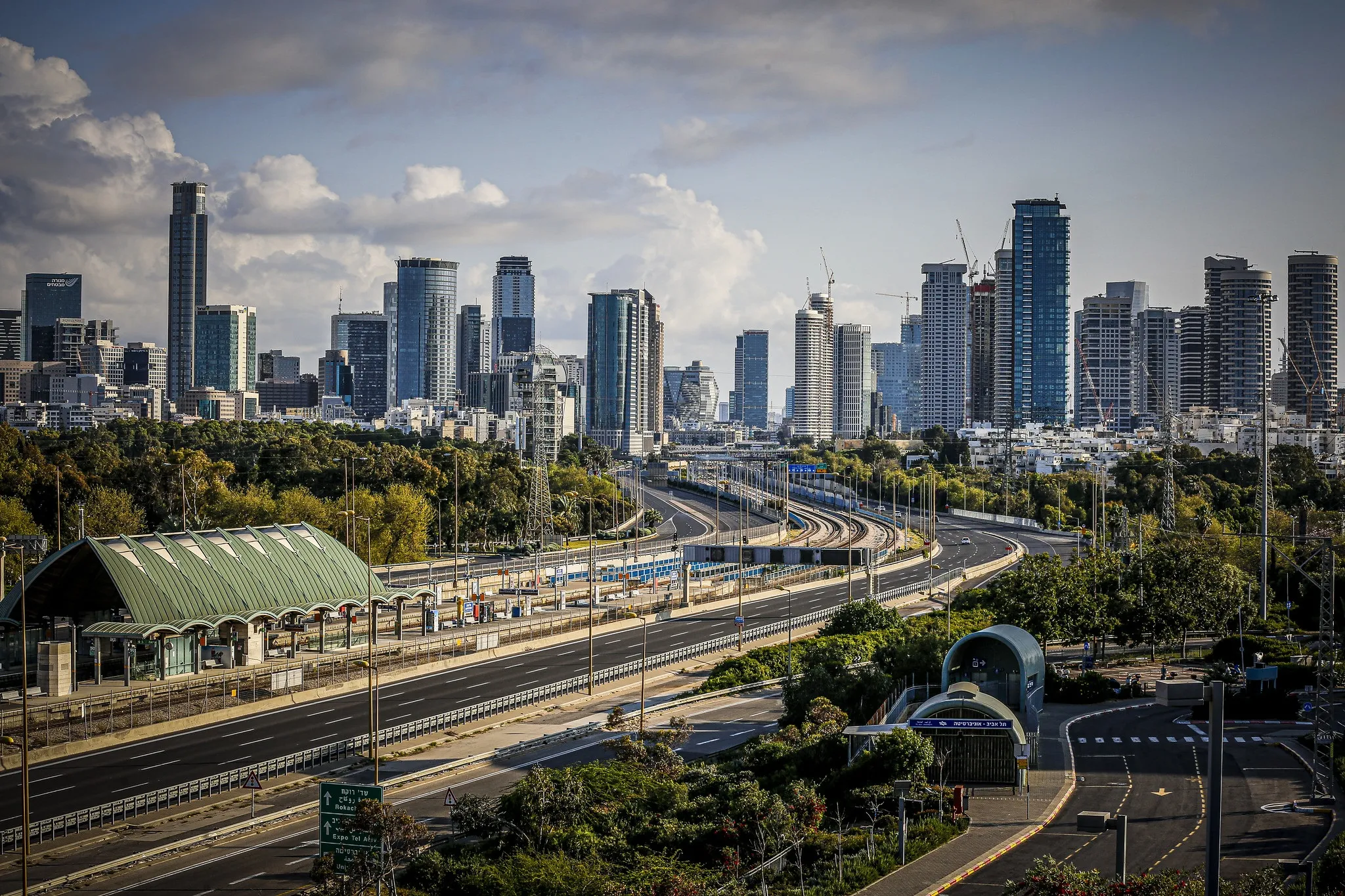Plans for the West Gate Tunnel Project in Melbourne, Australia, include 24/7 truck bans on streets in two suburbs of the city to improve safety, reduce noise and greatly improve air quality for local families. The project, due to be completed in 2022, will give trucks a dedicated route to the port or Melbourne and mean they no longer have to rely on local roads.
The project will provide direct freeway access for trucks travelling to the port through a new tunnel, moving them away from schools, homes and
April 3, 2017
Read time: 2 mins
Plans for the West Gate Tunnel Project in Melbourne, Australia, include 24/7 truck bans on streets in two suburbs of the city to improve safety, reduce noise and greatly improve air quality for local families. The project, due to be completed in 2022, will give trucks a dedicated route to the port or Melbourne and mean they no longer have to rely on local roads.
The project will provide direct freeway access for trucks travelling to the port through a new tunnel, moving them away from schools, homes and local communities. In addition, the Hyde Street ramps will provide a direct connection from the West Gate Freeway to the existing fuel refineries.
The project will directly link the West Gate Freeway to the Port with twin tunnels under Yarraville, which will save truck drivers time by avoiding 17 sets of traffic lights.
The project will provide direct freeway access for trucks travelling to the port through a new tunnel, moving them away from schools, homes and local communities. In addition, the Hyde Street ramps will provide a direct connection from the West Gate Freeway to the existing fuel refineries.
The project will directly link the West Gate Freeway to the Port with twin tunnels under Yarraville, which will save truck drivers time by avoiding 17 sets of traffic lights.










